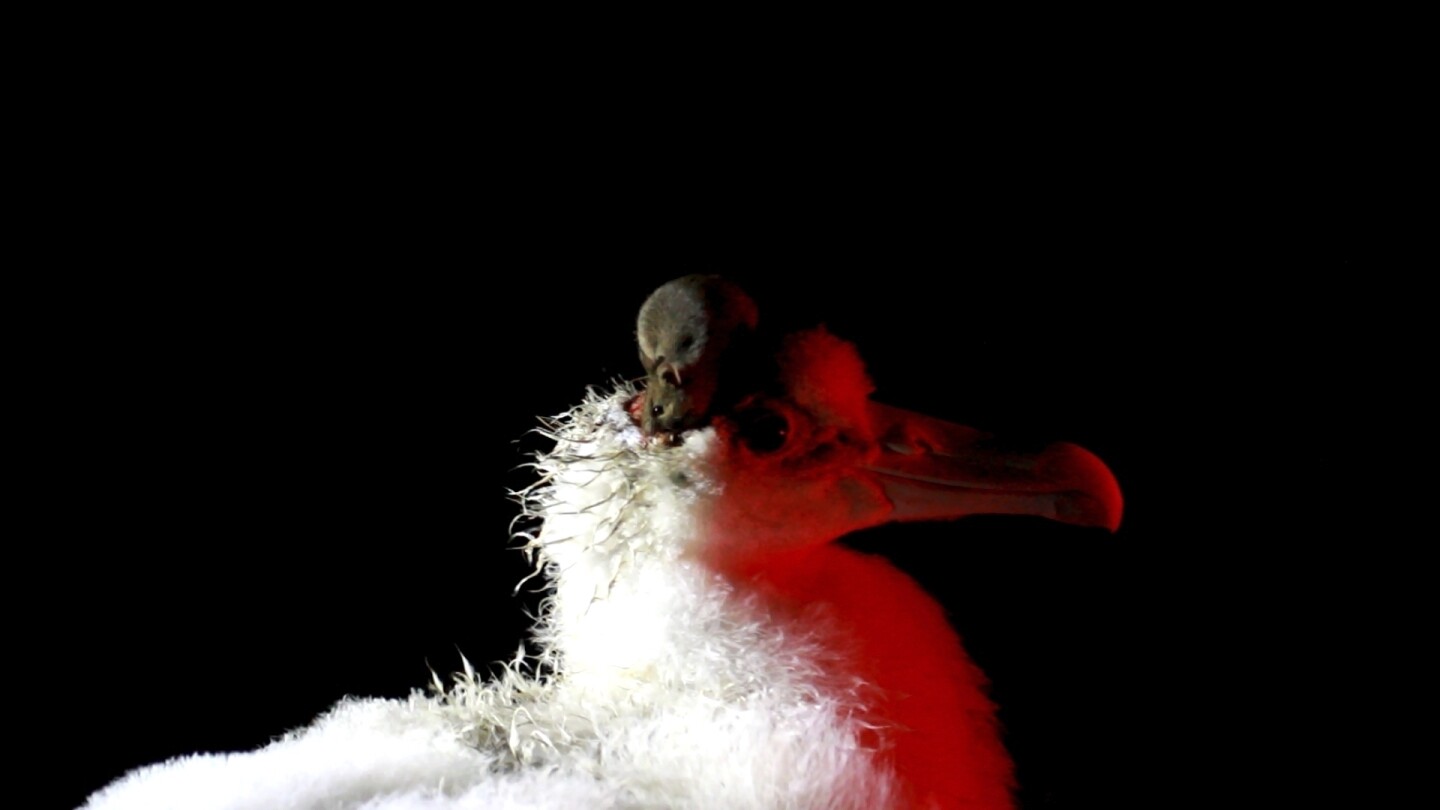Mice accidentally introduced to a remote island near Antarctica 200 years ago are breeding out of control because of climate change, and they are eating seabirds and causing major harm in a special nature reserve with “unique biodiversity.”
Now conservationists are planning a mass extermination using helicopters and hundreds of tons of rodent poison, which needs to be dropped over every part of Marion Island’s 115 square miles (297 square kilometers) to ensure success.
If even one pregnant mouse survives, their prolific breeding ability means it may have all been for nothing.
The Mouse-Free Marion project — pest control on a grand scale — is seen as critical for the ecology of the uninhabited South African territory and the wider Southern Ocean. It would be the largest eradication of its kind if it succeeds.



Not educated on the specific poison, but many poisons are only poisonous to anything, at a certain concentration. If the chemical is well understood, the aquatic risks could be very low